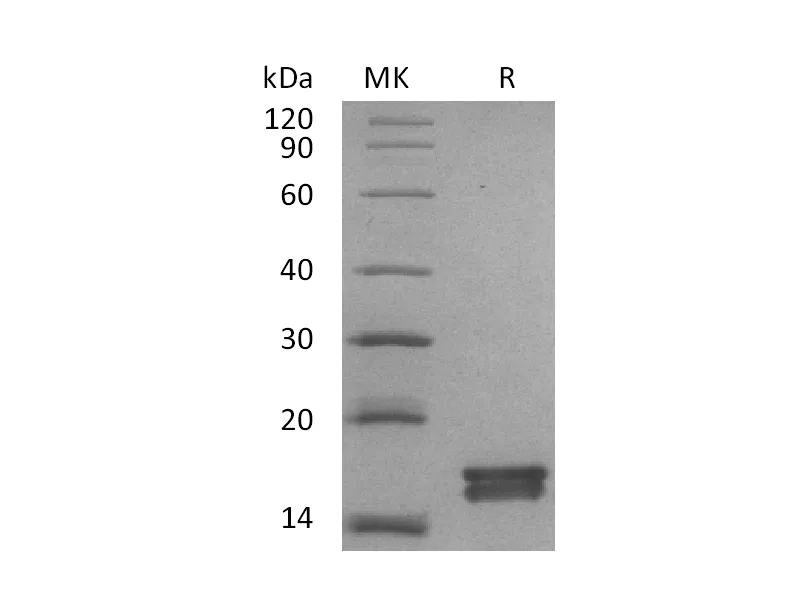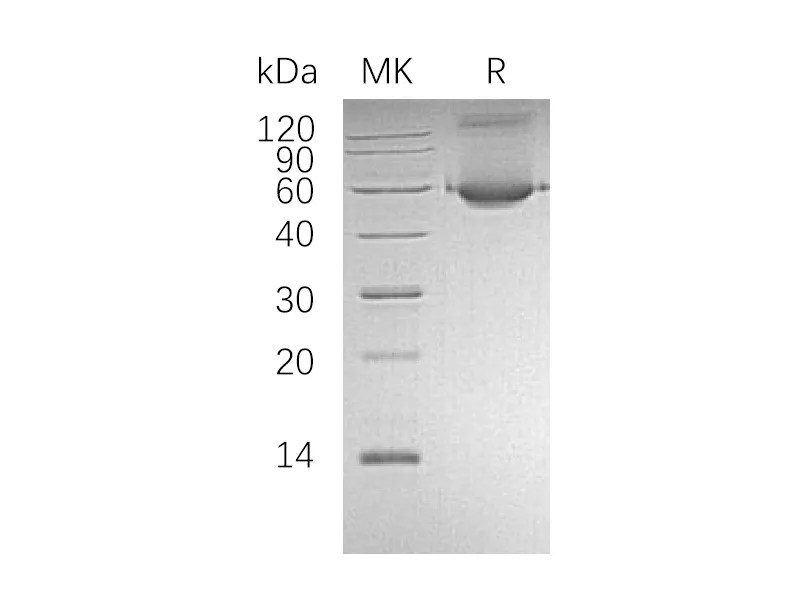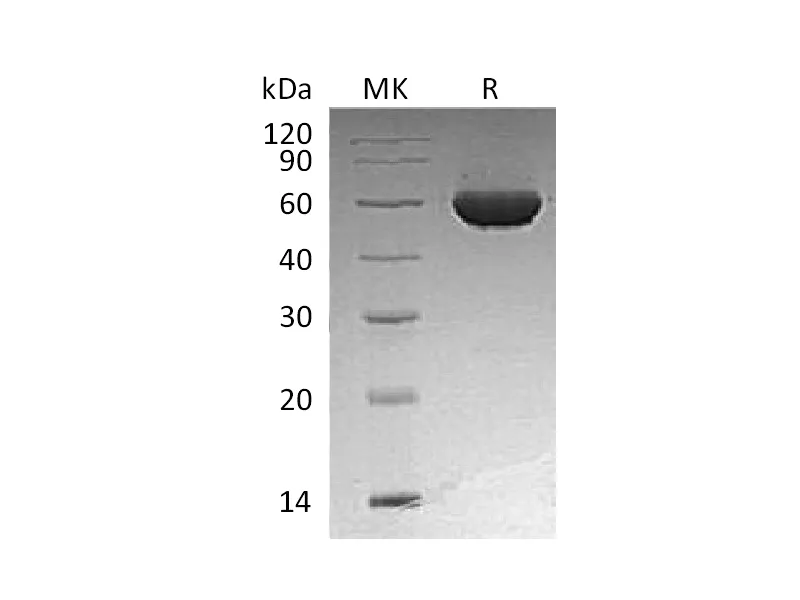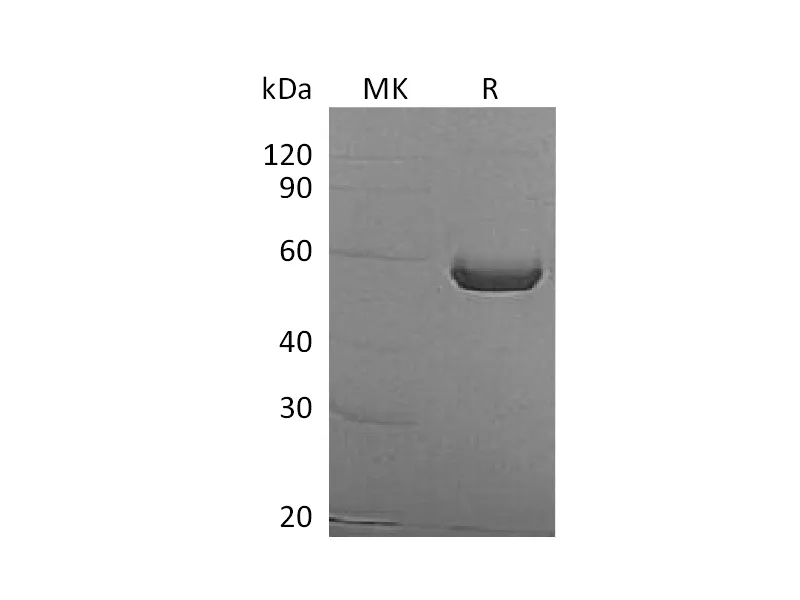Alternative Names
Glutamate carboxypeptidase 2; FGCP; GCPII; mGCP; NAALADase I; PSMA; Cell growth-inhibiting gene 27 protein; Folate hydrolase 1
Background
Glutamate carboxypeptidase 2, also known as FOLH1, PSMA, belongs to the M28B subfamily and the peptidase M28 family. It is highly expressed in prostate epithelium and can be detected in urinary bladder, kidney, testis, ovary, fallopian tube, breast, adrenal gland, liver, esophagus, stomach, small intestine, colon and brain (at protein level). PSMA is used as a diagnostic and prognostic indicator of prostate cancer, and as a possible marker for various neurological disorders such as schizophrenia, Alzheimer disease and Huntington disease. It has both folate hydrolase and N-acetylated-alpha-linked-acidic dipeptidase (NAALADase) activity and has a preference for tri-alpha-glutamate peptides. PSMA involves in prostate tumor progression and also exhibits a dipeptidyl-peptidase IV type activity. In vitro, PSMA cleaves Gly-Pro-AMC. PSMA is stable at pH greater than 6.5.
Note
For Research Use Only , Not for Diagnostic Use.




